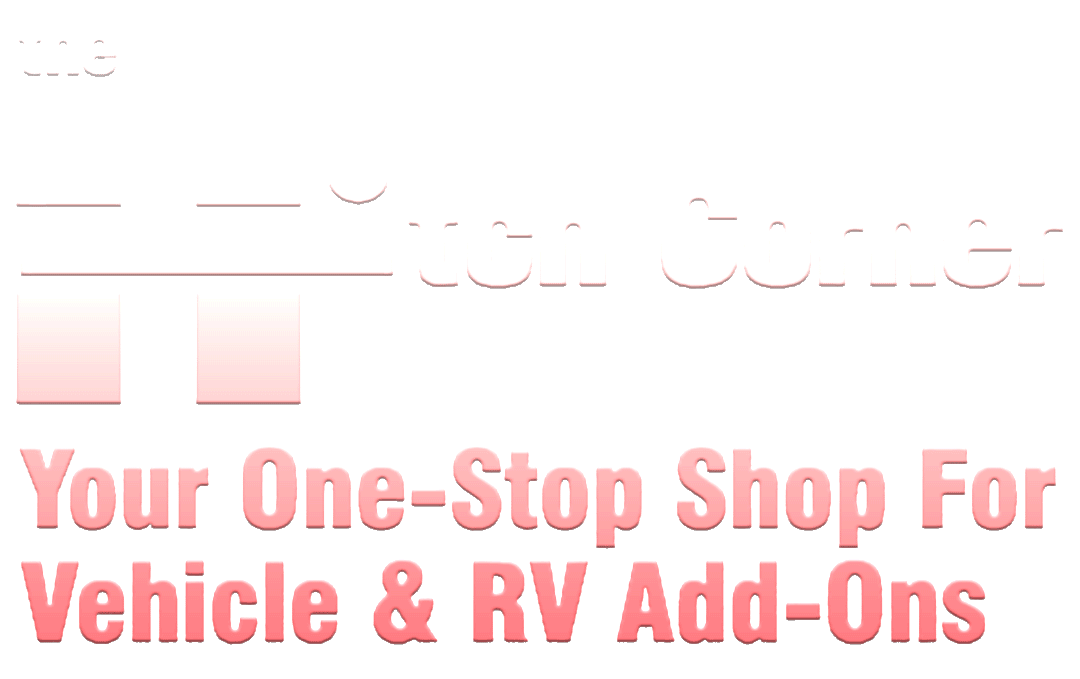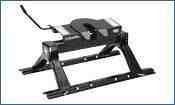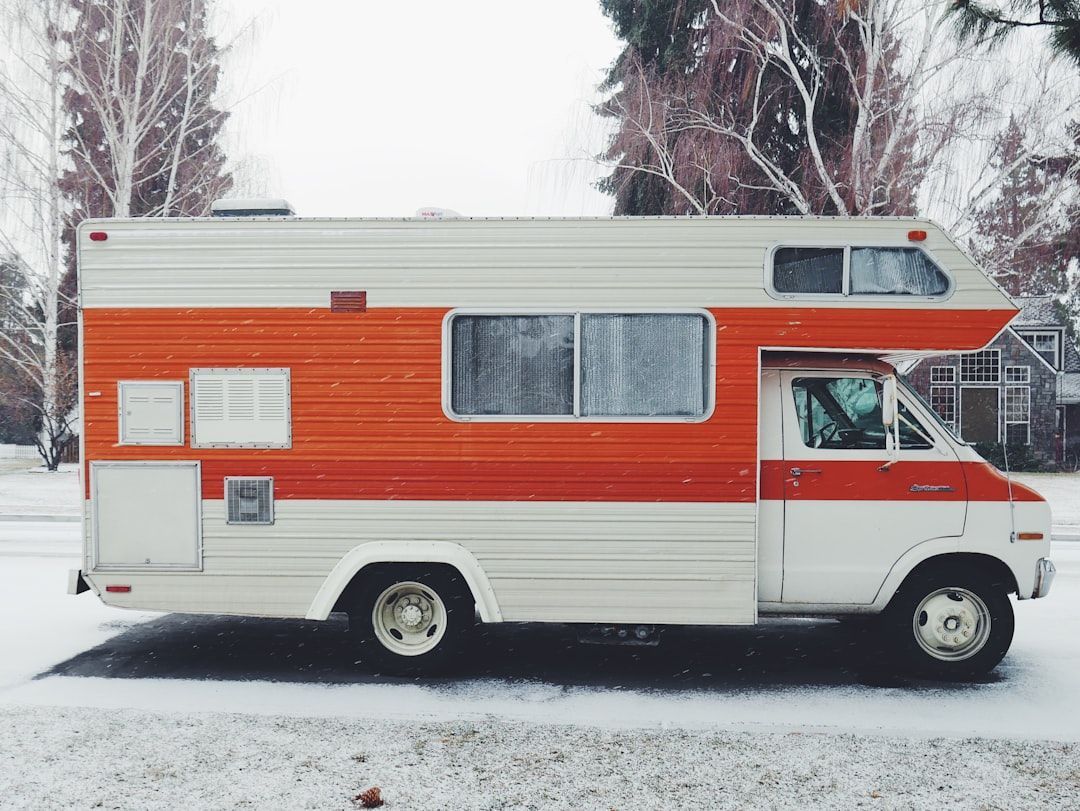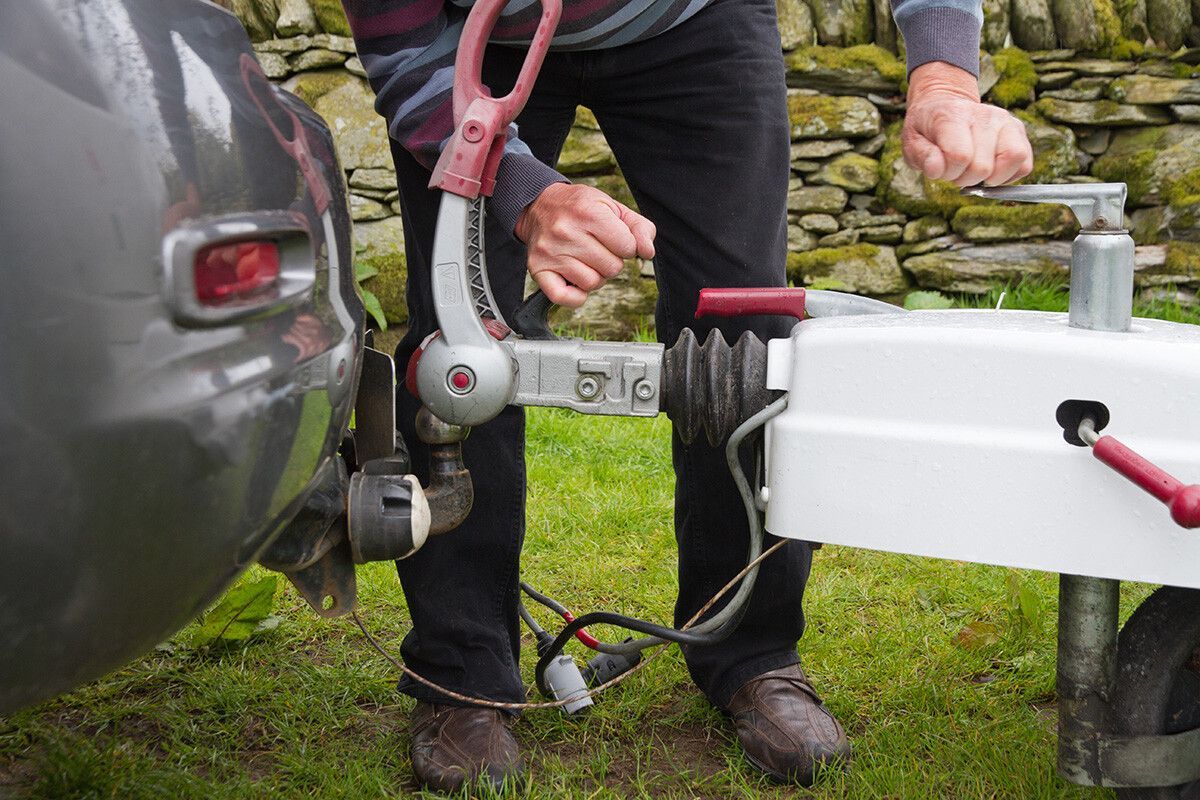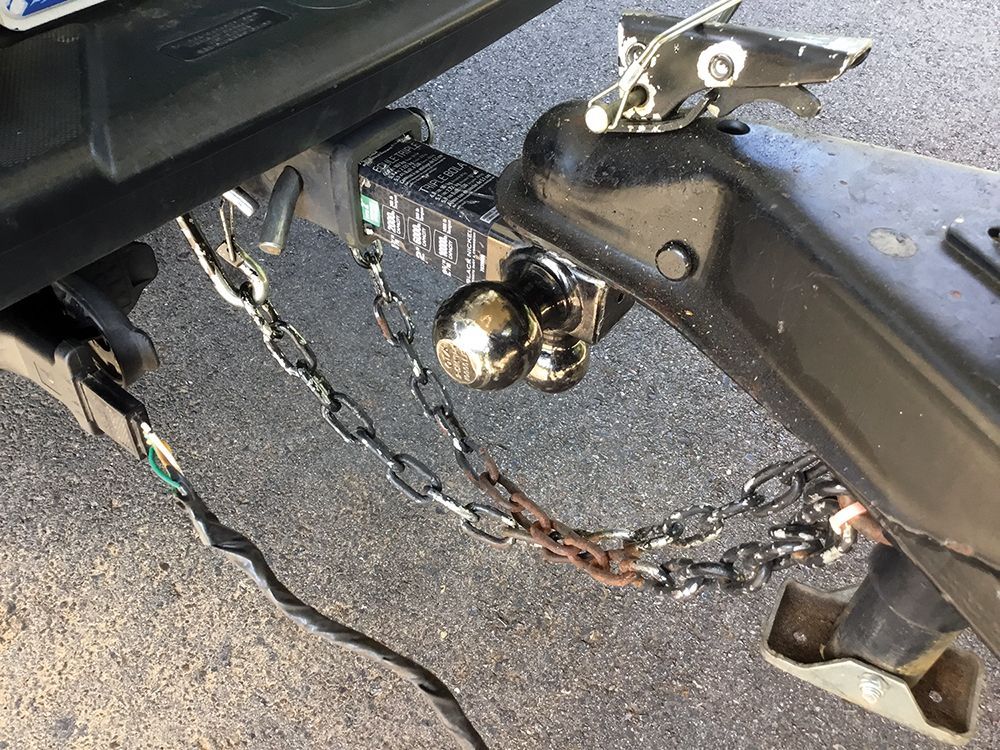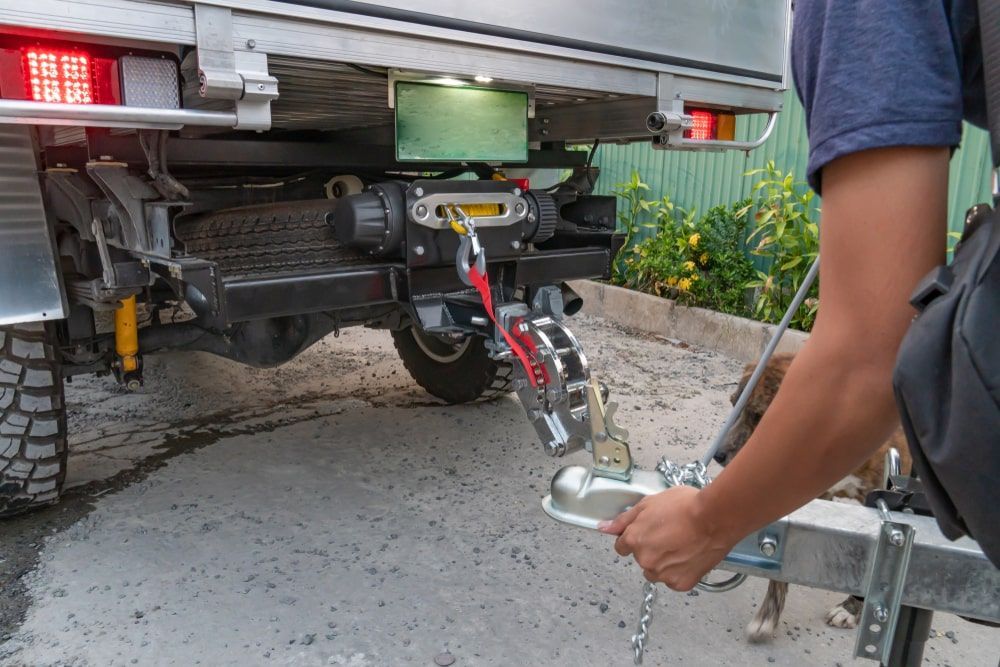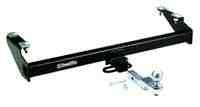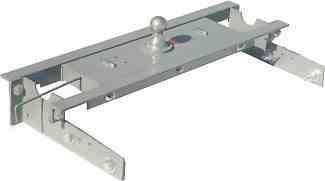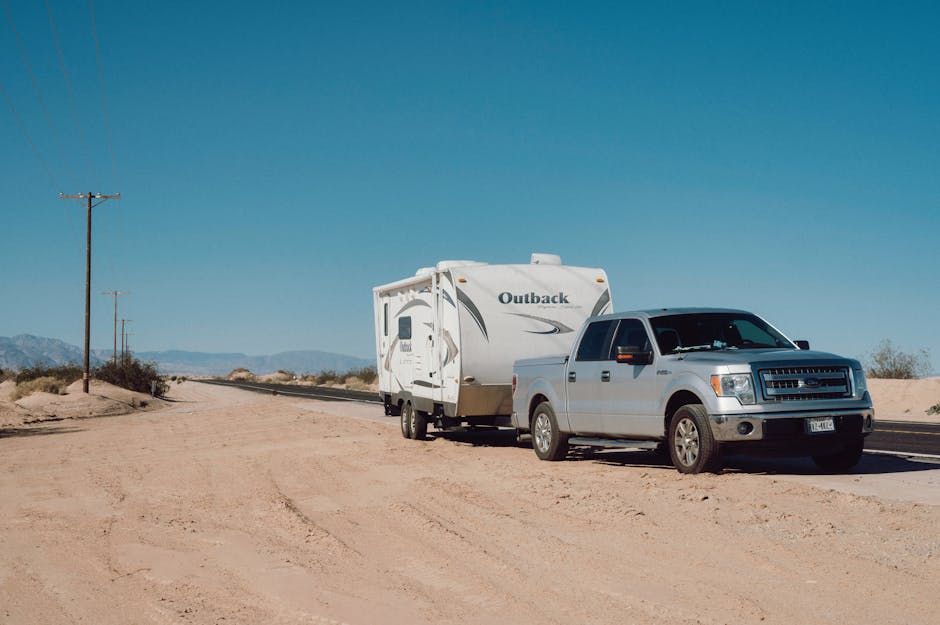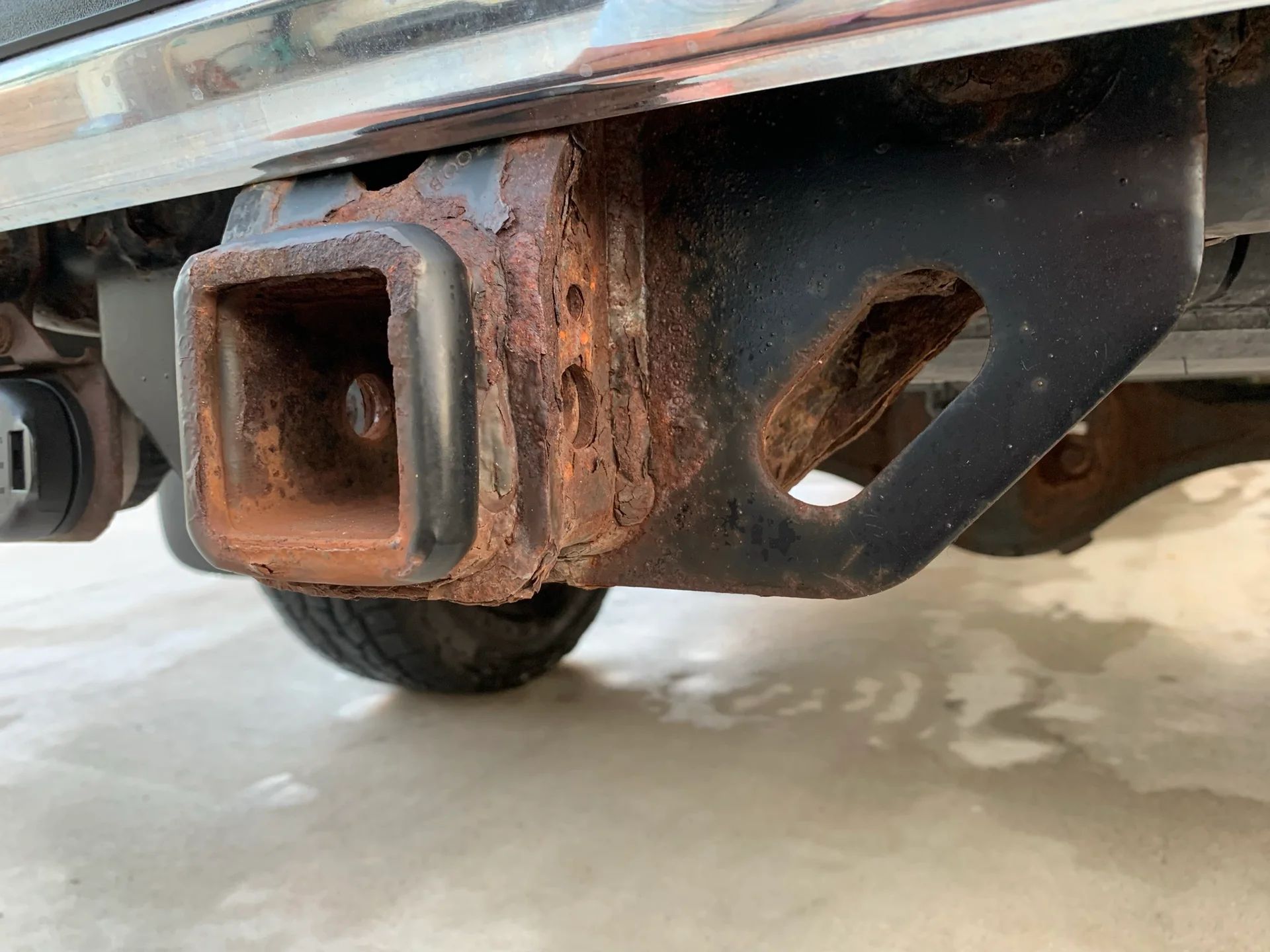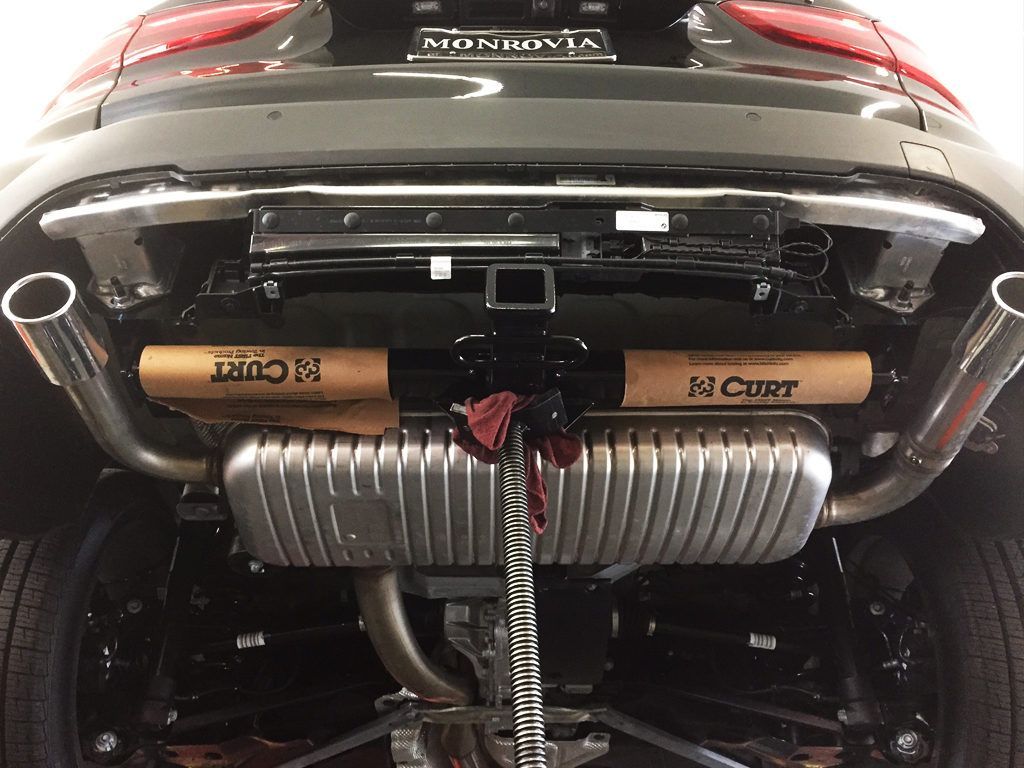How to install a towing hitch on your vehicle doesn't have to be intimidating. If you're an adventurous soul in Denver, Colorado, or a pickup truck driver in Aurora planning your next camping gear haul, a solid towing hitch is your vehicle's best wingman. Here's a quick rundown:
- Check your vehicle's towing capacity.
- Choose the right hitch class.
- Gather essential tools: socket set, torque wrench, safety glasses.
- Prepare your vehicle and workspace.
- Mount and secure the hitch.
- Perform safety checks.
Setting up a towing hitch isn't just about bolting metal to your car; it's about gearing up for outdoor trips in the Rockies or a breezy trip to Chatfield State Park. This DIY project lets you confidently handle camping trailers, bike racks, and more, changing your vehicle into a reliable trip companion.
As the founder of The Hitch Corner, I, Harold Kiefer, have spent over 34 years helping outdoor enthusiasts like you install the perfect towing hitch. My passion and expertise ensure you get the right hitch for your needs. Join me as we dig into the steps of installing a towing hitch!
Tools and Materials Needed
Before you dive into your DIY towing hitch installation, it's crucial to gather all the necessary tools and materials. Having everything on hand will make the process smoother and more efficient, especially if you're prepping for a weekend trip in the beautiful Colorado outdoors.
Essential Tools
- Socket Set: A good socket set is your best friend. You'll need it to tighten bolts securely. A 1/2-inch set is recommended, but a 3/8-inch set can work if that's what you have.
- Torque Wrench: This tool ensures you apply the correct torque to the bolts, keeping the hitch secure. Always follow the manufacturer's torque specifications for safety.
- Safety Glasses: Protect your eyes from debris while working underneath your vehicle. Safety first!
- Jack and Jack Stands: These are essential for lifting your vehicle safely, giving you clear access to the undercarriage.
- Wire Brush: Use this to clean the mounting surfaces, removing rust and debris for a smooth installation.
- Drill and Drill Bits: If your vehicle frame requires drilling for installation, a high-speed drill with appropriate bits will be necessary.
- Measuring Tape and Marking Pen: Handy for marking drilling positions if needed.
Materials
- Hitch Kit: This usually includes the hitch itself, mounting hardware (bolts, washers), and installation instructions. Ensure it's compatible with your vehicle's make and model.
- Lubricant: Useful for cleaning pre-threaded holes and easing the installation process.
Safety Equipment
- Work Gloves: Protects your hands from cuts and scrapes while handling tools and materials.
- Chalks: Secure your vehicle's wheels to prevent any movement while it's jacked up.
Installation Instructions
Each hitch comes with specific installation instructions. It's vital to follow these closely to ensure a safe and secure fit. Here's a brief overview:
- Prepare Your Vehicle: Start by chocking the wheels and raising the vehicle with jack stands. Remove any obstructions like spare tires or heat shields.
- Mount the Hitch: Position the hitch under your vehicle, aligning it with the pre-drilled holes. If needed, drill new holes as per the instructions.
- Secure the Hitch: Insert the bolts and tighten them with a socket set. Finally, use a torque wrench to ensure they meet the manufacturer's specifications.
By gathering these tools and materials, you'll be ready to tackle the installation with confidence. If you're unsure about any step, our team at The Hitch Corner in locations like Littleton and Aurora, CO, is here to help with expert advice and professional services. Whether you're gearing up for a camping trip to the Rockies or a day out at Chatfield State Park, having the right hitch installed will set you up for countless trips.
How to Install a Towing Hitch
Installing a towing hitch might seem daunting at first, but with the right tools and a bit of patience, you can do it yourself. Follow these steps to ensure a successful installation and get ready for your next trip, whether it's hauling a trailer to the Rocky Mountains or taking your boat to Chatfield State Park.
Step 1: Prepare Your Vehicle
Safety First: Before anything else, chock the wheels to prevent your vehicle from rolling. This is crucial for your safety.
- Lift Your Vehicle: Use a jack to lift your vehicle and secure it with jack stands. This gives you the space needed to work comfortably underneath.
- Remove Obstructions: Clear any obstacles from the installation area. This might mean removing the spare tire or heat shields. Doing so will make it easier to access the mounting points.
- Clean the Surface: Use a wire brush to clean the mounting surface on the vehicle's frame. Removing rust and debris ensures a secure fit for your hitch.
Step 2: Mount and Secure the Hitch
Positioning the Hitch: Now it’s time to get the hitch in place.
- Align the Hitch: Position the hitch under your vehicle, aligning it with the pre-drilled holes in the frame. If your vehicle requires new holes, use a drill to make them as per the manufacturer's instructions.
- Fasten the Bolts: Insert the bolts through the hitch and into the vehicle frame. Finger-tighten them first to ensure everything lines up correctly.
- Torque Specifications: Once aligned, use a socket set to tighten the bolts. Follow up with a torque wrench to apply the correct torque as specified by the manufacturer. This step is vital for a secure installation.
Step 3: Install the Hitch Ball and Draw Bar
Final Touches: With the hitch secured, it's time to add the hitch ball and draw bar.
- Attach the Ball Mount: Insert the ball mount into the receiver tube of the hitch. Align the holes for the hitch pin.
- Secure with a Hitch Pin: Insert the hitch pin through the aligned holes and secure it with a clip. This keeps the ball mount in place.
- Connect the Wiring Harness: If your hitch includes integrated wiring, connect the wiring harness to ensure your trailer's lights work properly. This may involve connecting brake lights and turn signals. If you're not comfortable with wiring, consider watching a how-to video or consulting a professional.
By following these steps, you'll have a reliable towing hitch installed, ready to handle your next big haul. For those in the Denver area, The Hitch Corner offers same-day installation services at several locations, including Littleton and Aurora, to ensure you're road-ready in no time. If you need more guidance or prefer professional installation, don't hesitate to reach out to our expert team.
Next, let’s dive into choosing the right trailer hitch for your vehicle and towing needs.
Choosing the Right Trailer Hitch
Selecting the right trailer hitch for your vehicle is essential for safe and efficient towing. The key factors to consider are hitch classes, towing capacity, and vehicle compatibility. Let’s break these down.
Hitch Classes
Trailer hitches are categorized into five classes, ranging from Class I to Class V. Each class is designed to handle different weight limits:
- Class I: Suitable for light-duty towing, like bike racks or small cargo carriers. Typically used on compact cars, with a weight capacity of up to 2,000 lbs.
- Class II: Ideal for mid-sized vehicles towing small trailers or boats. Supports up to 3,500 lbs.
- Class III: Commonly used on SUVs and full-sized cars, perfect for medium trailers. Handles up to 8,000 lbs.
- Class IV: Designed for larger SUVs and trucks, suitable for heavy-duty towing like large boats or campers, with a capacity of up to 10,000 lbs.
- Class V: Best for heavy-duty trucks, supporting up to 20,000 lbs. Often used for commercial or agricultural purposes.
Choosing the right class ensures your vehicle can handle the weight safely.
Towing Capacity
Before purchasing a hitch, it's crucial to know your vehicle's towing capacity. This information is usually found in the vehicle's manual or by contacting your dealership.
Pro Tip: Always choose a hitch that matches or exceeds your vehicle's towing capacity. For example, if your car's limit is 5,000 lbs, opt for a hitch that supports at least that weight. Never exceed your vehicle's towing capacity, as it can lead to dangerous driving conditions and vehicle damage.
Vehicle Compatibility
Not every hitch fits every vehicle. Compatibility depends on your vehicle's make, model, and year.
- Check the Fit: Ensure the hitch is designed for your specific vehicle. Some vehicles, like pickup trucks, might come with a pre-installed hitch, while others may require custom fitting.
- Consider Usage: Think about what you'll be towing. If you're planning frequent trips to the Rockies or hauling equipment to local events like the Boulder Farmers Market, make sure your hitch can handle the terrain and load.
- Consult Experts: The Hitch Corner team, with over 20 years of experience in the Littleton, CO area, can assist in choosing the best hitch for your needs, ensuring both safety and performance.
By understanding hitch classes, towing capacity, and vehicle compatibility, you can confidently choose the right trailer hitch. Whether you're preparing for a weekend getaway to Cherry Creek State Park or hauling gear across the Denver area, having the right hitch makes all the difference.
Next, we’ll answer some frequently asked questions about towing hitch installation to help you make informed decisions.
Frequently Asked Questions about Towing Hitch Installation
Can I install a tow hitch myself?
Yes, you can install a tow hitch yourself, especially if you're comfortable with basic tools and have some DIY experience. Most installations require a socket set, torque wrench, and jack stands. For certain vehicles, you might also need a drill and wire brush. Always refer to the hitch's instruction manual and ensure you have the required tools before starting.
If you're in the Denver area, consider stopping by The Hitch Corner for advice. With over 20 years of experience, our team can guide you through the process or offer professional installation services.
How much does it cost to install a tow hitch?
The cost of installing a tow hitch can vary widely. DIY installations are generally cheaper, mainly requiring the purchase of the hitch and any additional tools you may not already have. Professionally installed hitches can range from $50 to over $250, depending on the complexity and labor rates in your area.
Factors influencing cost include the type of hitch, vehicle model, and whether additional modifications are necessary. For local residents, The Hitch Corner offers competitive pricing and expert installation services across multiple Colorado locations, including Aurora and Lakewood.
Can you add a towing hitch to any car?
In most cases, yes, you can add a towing hitch to a wide range of vehicles. However, compatibility depends on your vehicle's make, model, and year. Some cars are not designed for towing heavy loads, so check your vehicle's towing capacity first.
Hitches come in various types, from bumper hitches suitable for SUVs and minivans to heavy-duty options for trucks. Our team at The Hitch Corner can help determine the right hitch for your vehicle. Whether you're in Boulder or Westminster, CO, we're here to ensure your hitch fits perfectly and meets your towing needs.
For more detailed guidance, visit our store or contact us directly. Our experts are ready to help you find the perfect hitch for your vehicle and lifestyle.
Conclusion
Choosing the right towing hitch and ensuring it's installed correctly is crucial for safe and effective towing. At The Hitch Corner, we take pride in offering professional installation services backed by over 50 years of experience. Our team of experts is dedicated to providing you with the best advice and solutions custom to your specific needs.
We understand that the thought of a DIY installation might be appealing for some, but if you're unsure or prefer a hassle-free experience, our professional services are here to help. Our skilled technicians ensure that every hitch is installed with precision, adhering to the highest safety standards. Plus, with our lifetime warranty and installation guarantee, you can tow with confidence knowing that your hitch is in capable hands.
Whether you're planning to explore the stunning landscapes of Colorado or simply need a reliable hitch for everyday use, The Hitch Corner is your go-to destination. With locations across Metro Denver, including Littleton, Aurora, and Lakewood, we're conveniently situated to serve you wherever you are.
For those in the Denver area, stop by our store or give us a call to discuss your towing needs. Our customer service team is always ready to provide expert advice and help you choose the right hitch for your vehicle. Visit our Trailer Hitches page to learn more about our offerings and how we can assist you in achieving a seamless towing experience.
Whether you're a seasoned tower or new to hitches, The Hitch Corner is here to ensure you have the support and expertise you need. Reach out to us today and find why we're Denver's trusted authority in towing solutions.
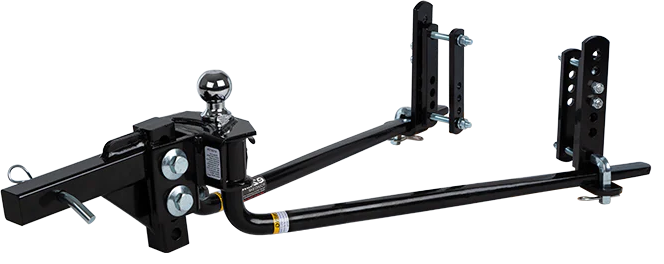
WE WON'T LEAVE YOU HANGING ON INSTALLATION.
Explore an extensive range of essential products for cars, SUVs, and trucks, featuring items that cater to both style and functionality,
including versatile cargo carriers suitable for roof and trailer hitch setups.
OUR CUSTOMERS LOVE US

We needed to swap our hitch mount and ball but were unsure exactly what we needed. The two men working were extremely helpful in pointing out what we needed and even helped us swap the hitch despite them being about to close. Great service!!
Allison Safko

Very quick and friendly service. Hitch installed on a Ford Escape for an upcoming move – took less time than anticipated and job well done. Highly recommend.
Matt Madsen

This place is great. Knowledgeable and super fair on prices. Got a break controller here and it worked out of the box. People here know their stuff. Way better than going to Uhaul.
James Olsen
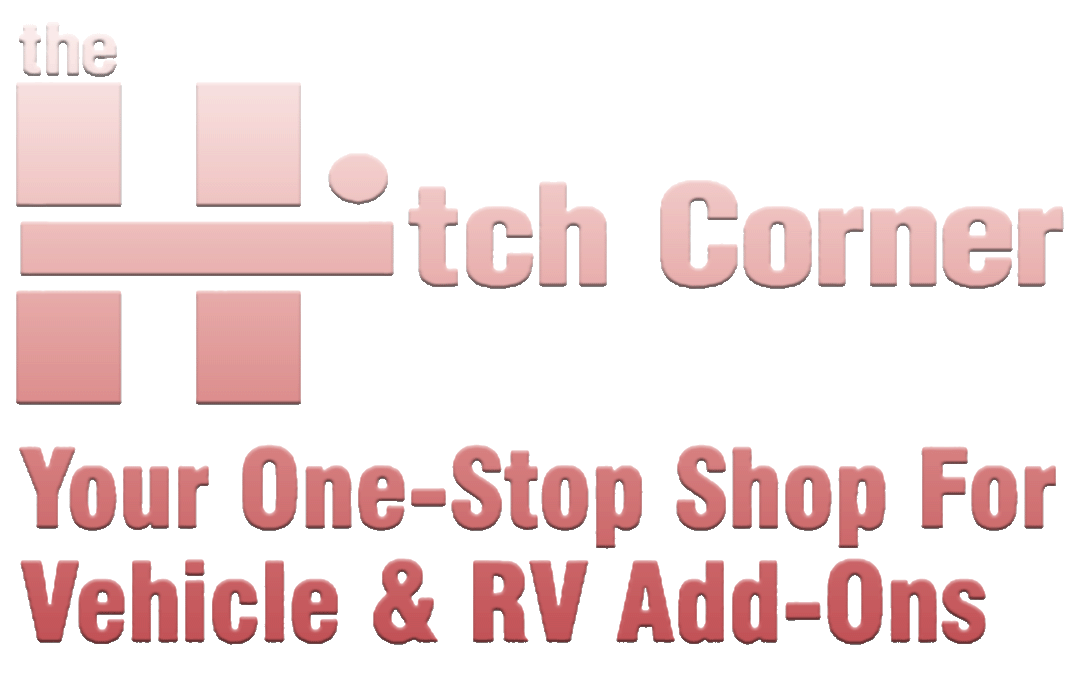
CONTACT US
Hitch Corner (Littleton)
Phone:
(303) 904-1558
Email:
info@hitchcorner.com
Address:
10677 W. Centennial Rd. Suite 103 Littleton, CO 80127
BUSINESS HOURS
- Mon - Fri
- -
- Saturday
- -
- Sunday
- Closed
All Rights Reserved | Hitch Corner | Powered by Proshark
